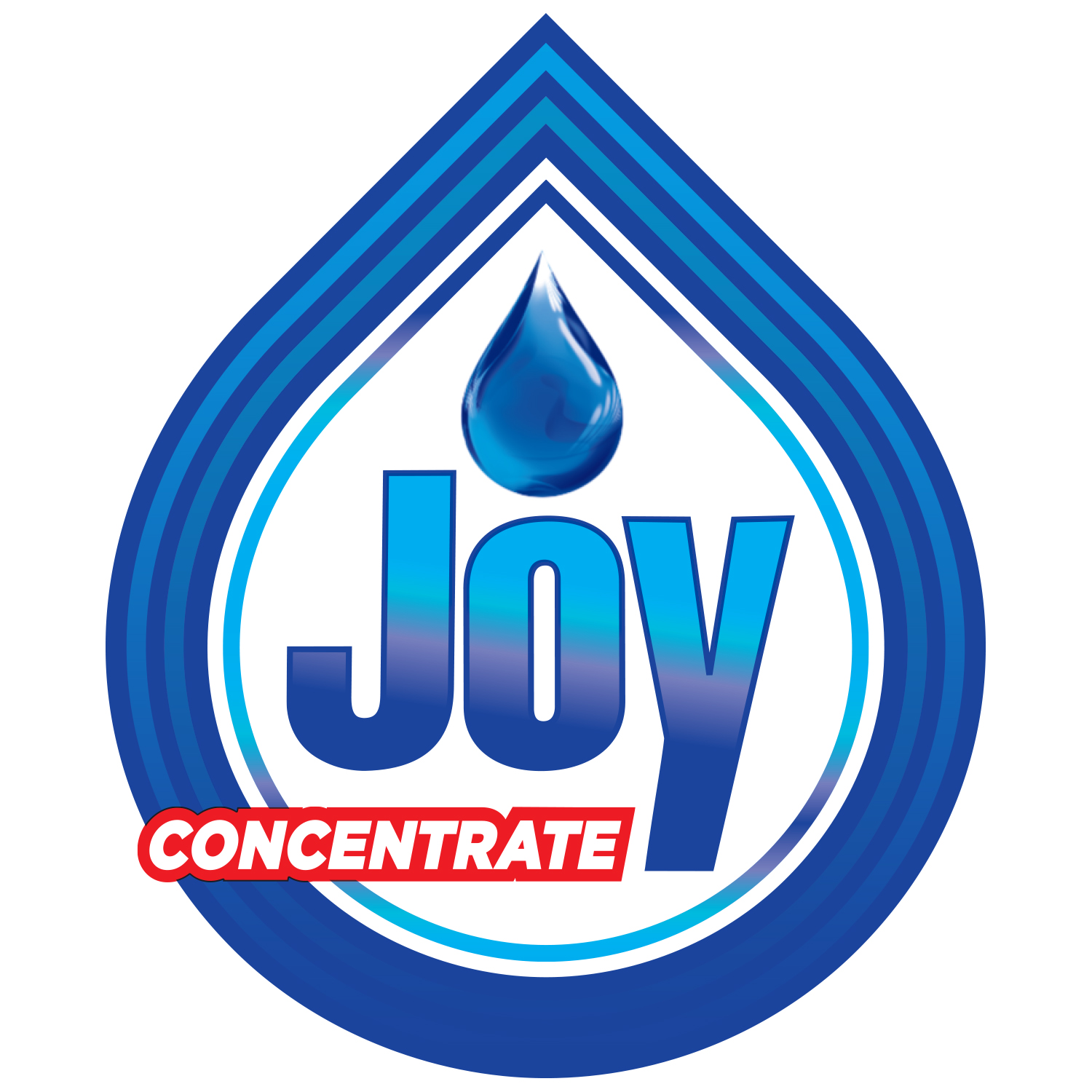PSA: Your sponge can be a breeding ground of bacteria
Have you ever paid attention to your sponge? If not, you should probably take a closer look at your kitchen cleaning tools and habits.
Several studies have shown that a single sponge can be a hotbed to roughly 300 species of bacteria, including E. coli and salmonella. Other studies reveal that it harbors more active bacteria than what’s lurking in your toilet bowl.
Now, picture it touching corners of your food containers and kitchen surfaces. Can you imagine what happens when you use it to scrub off grease and other dirt from every dish and utensil that comes close to our mouth?
In its Bida Safety Tips video, Joy Philippines shows us how improper sponge use could defeat its very purpose of cleaning. Without the right kitchen habits and antibacterial soap, sponges instead become the root of bacterial spread in the kitchen.
Dirty sponges can cause cross-contamination. The pathogenic bacteria it harbors can be transferred from your kitchen and dining items to the food you eat.
Eating food with bacteria that grow and produce toxins inside the body can cause infection or lead to foodborne diseases like diarrhea, renal complications, and gastrointestinal illnesses.
So apart from thoroughly washing our hands before food preparation and ensuring that kitchen surfaces are clean, one of the best practices is to wash our sponges with a trusted dishwashing liquid proven to have antibacterial properties. It’s one of the simple ways to lessen the threat of catching foodborne illnesses and risky trips to the hospital during this difficult time.
Here’s how you can keep your sponge clean
When using the sponge, its best partner is a dishwashing soap with antibacterial properties, like Joy. Aside from replacing sponges twice a month (depending on how often you use it), wise adults would use anti-bacterial dishwashing liquid to guarantee the family’s safety as it is scientifically proven to kill 99.9 percent of bacteria.
“Placing sponges under running water and ordinary dishwashing liquids may remove visible dirt. However, it does not sanitize and kill bacteria lurking inside the sponge,” shares Prof. Joel Cornista, president of the Philippine Society for Microbiology.
For your next run to the grocery, remember that although sponges and dishwashing liquids are quietly resting somewhere by the sink, they both hold a crucial role in food safety and sanitation, and our family’s health, too.
To learn more Bida Safety Tips, check out Joy Philippines on Facebook.
Editor’s Note: BrandedUp is designed to provide you with insightful, inspiring and educational content created by PhilSTAR L!fe in collaboration with brands like Joy.



